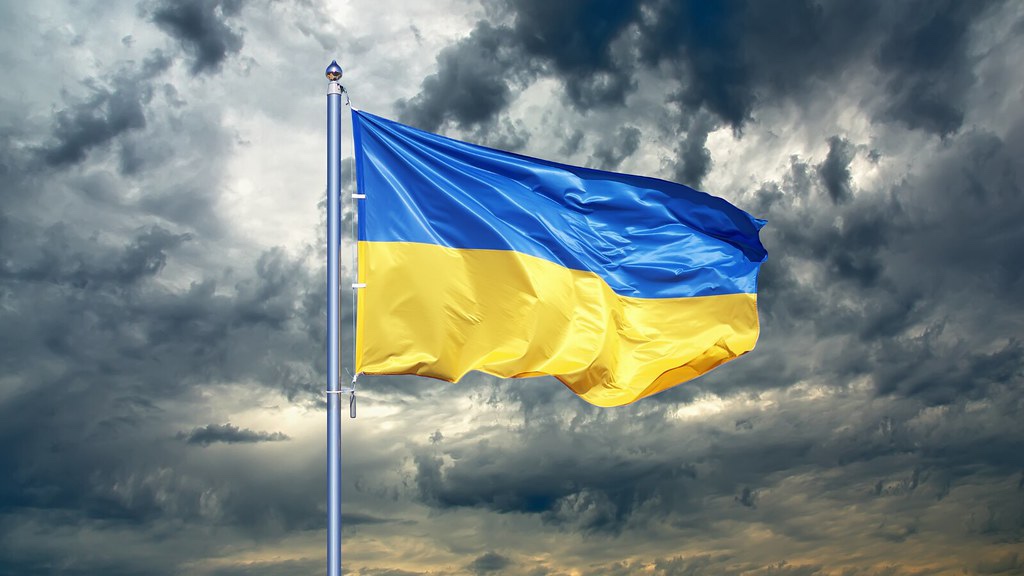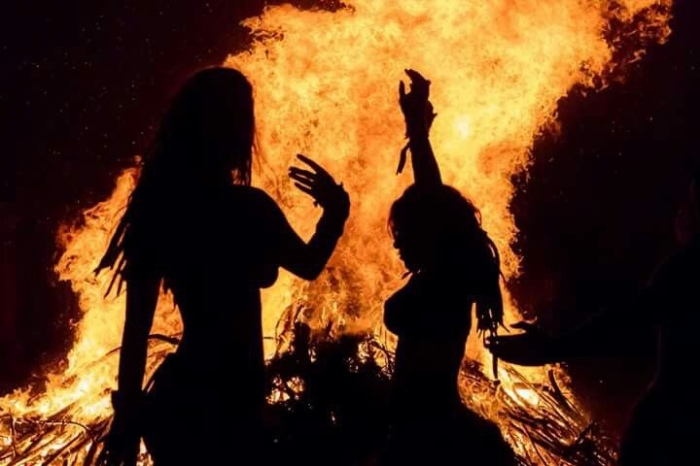Before the time of Christmas, and a time before shopping malls, red suited jolly plump men, eggnog, and shitty but warm sweaters, our ancestors celebrated this time of year in several different ways.
Some of the most well known celebrations include Yule, Saturnalia, and The Solstice/Sol Invictus
During the time when Christian beliefs were spreading across Europe, they would observe the local creeds of various regions and traditions as well as their beliefs and various religions. They would lump every religion, clan, and belief that didn’t follow their Christ, as Pagan. Many of these regional religions all had some form of celebration around the same time of year.
In what is now known as modern Scandinavia, they would celebrate Yule. Yule is pretty similar to what we see today in regards to feasts, festivities, and celebrating the end of winter. They would celebrate the solstice, the longest night, and share in the yearly harvest. Their celebrations would last for weeks at a time. They would burn large logs and celebrate for as long as the logs burned. This where the term “Yule Log” comes from. It’s also worth pointing out that many of their fermented drinks were ready by this time of year. So let the wine, mead, and ale flow!
In Rome, they celebrated Saturnalia, a month long hedonistic celebration. It was in celebration of the Roman God Saturn, God of Agriculture. They too would have massive feasts, and copious drinking. Saturnalia would also coincide with Juvenalia, a feast to honor the children of Rome. Upper class Romans celebrated the birth of Mithra, the God of the Unconquerable Sun.
The solstice played a key part in many of these festivities. It was revered as a night of indulgence and celebration. “The longest night” meant that days were getting longer, the harshest of winter had passed, and the sun would return and help the crops grow. During these celebrations people would feast on the years harvest. They would share and exchange food and offerings so they all could live throughout the rest of the winter days. There are many different ways celebrated The Solstice, but these were the most common of practices.
Then there’s the church. When the churches influence was spreading from Rome and across Europe, they observed these ancient traditions of these “pagans”. Though they condemned many of the pagan people, they did enjoy and use many of those same traditions. It is believed that they used these celebrations as a way to coerce more followers to the church, and to help transition people from being “pagan” to being “Christian”.
In the early years of Christianity, they did not celebrate the birth of Jesus. Reason being, there is no date for his birth written in the Bible. It wasn’t until Pope Julius I declared that December 25th would be reserved for the celebration of their lord, and would then hold their Christ Mass. It’s worth noting that many historians and Christian scholars believe that his birth may have taken place in the spring. With the local traditions of Saturnalia and Juvenalia, they were able to absorb and blend the old traditions and the new.
As the centuries progressed, and the churches influence and control spread even further, pagan traditions were all but wiped out. However, many puritans still condemned Christmas due to its pagan roots. For many years, Christmas was forbidden in New England because of this. In fact, Christmas Day wasn’t a federally recognized holiday in the US until 1870.
Over the years this holiday has changed in many ways but at its core is still the same. We still feast, we still share, and we still celebrate. We all may not believe in the same gods or have the same beliefs. One thing we do have in common, is the need to come together, congregate, and be together to welcome the longer days, the bountiful harvest, and just have some good old fashioned fun!
Happy Holidays, and Happy Sol Invictus!
-Drengr Draugormur

